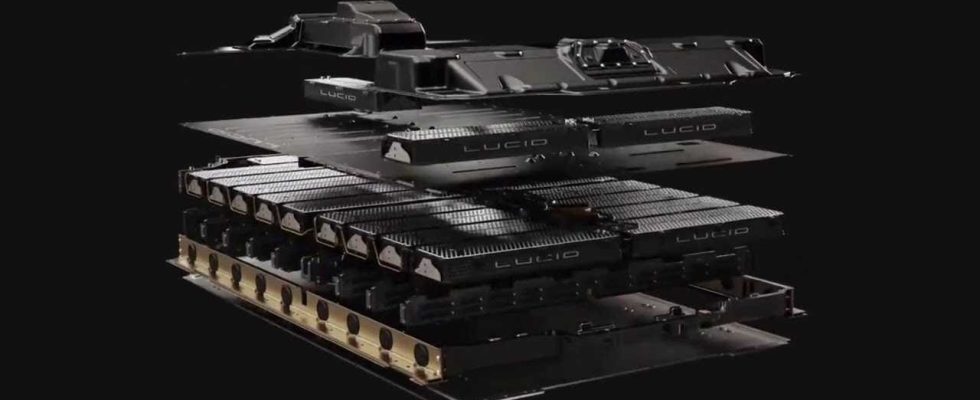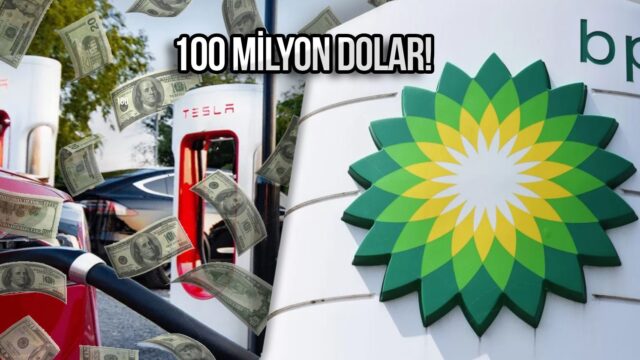japanese giant Toyota, solid state batteries In preparation for mass production. Solid-state battery technology, which uses solid electrolytes instead of the liquid or polymer gel electrolytes found in lithium-ion batteries, is seen as a turning point in the global race.
Toyota continues preparations for solid-state batteries
According to the news in futureflow.life, Toyota is getting closer to producing solid-state batteries. It seems that the commercialization of this technology will be a big trump card in the global race. At least that’s what Toyota thinks. Toyota plans to put solid-state batteries into mass production by 2027 or 2028.
The company wants to stand out in battery materials. This advancement in production technology also supports what the company wants. solid state batteries It has long been seen by industry experts as a ‘game changer’ that could address concerns about traditional batteries such as charging time, capacity and risk of ignition.
If this production is successful, the range of electric cars powered by solid-state batteries will increase to 1,200 kilometers. Additionally, charging time will be reduced to 10 minutes or less. Of course, the biggest obstacle here is costs. Producing solid-state batteries in large quantities is costly and difficult.
Goldman Sachs sees scaling of these batteries as a challenging journey for the next 10 years. Cost is not the only problem. These batteries are extremely sensitive to moisture and oxygen. Therefore, it is necessary to use mechanical pressure to prevent short circuits.
According to Toyota, one of the most critical and difficult technologies for mass production is the assembly process, where cathode-anode cell layers must be stacked quickly and with high precision without damaging the materials. According to Toyota, one of the most critical and difficult technologies for mass production is the assembly process, where cathode-anode cell layers must be stacked quickly and with high precision without damaging the materials.
Toyota energy group last week Idemitsu Kosan announced a partnership to jointly develop and produce a solid-state battery material called sulfide solid electrolyte. It is thought that this partnership will be effective in solving the durability problem. Of course, on the other hand, development schedules have been postponed many times in the past. This has led many analysts to doubt whether Toyota can achieve its latest commercialization goal.
Despite their growing confidence in production technology, Toyota executives acknowledge that the company still needs to improve the way it guarantees the quality of battery materials when produced in large quantities.
Toyota president Koji Sato also said at a press conference last week that production volumes of solid-state batteries will likely be small if the company launches electric vehicles as early as 2027.
Of course, there are other companies making progress. Chinese battery manufacturer CATL announced that it is preparing to mass produce its semi-solid batteries before the end of the year. Samsung SDI has completed a fully automated pilot line for solid-state batteries.

